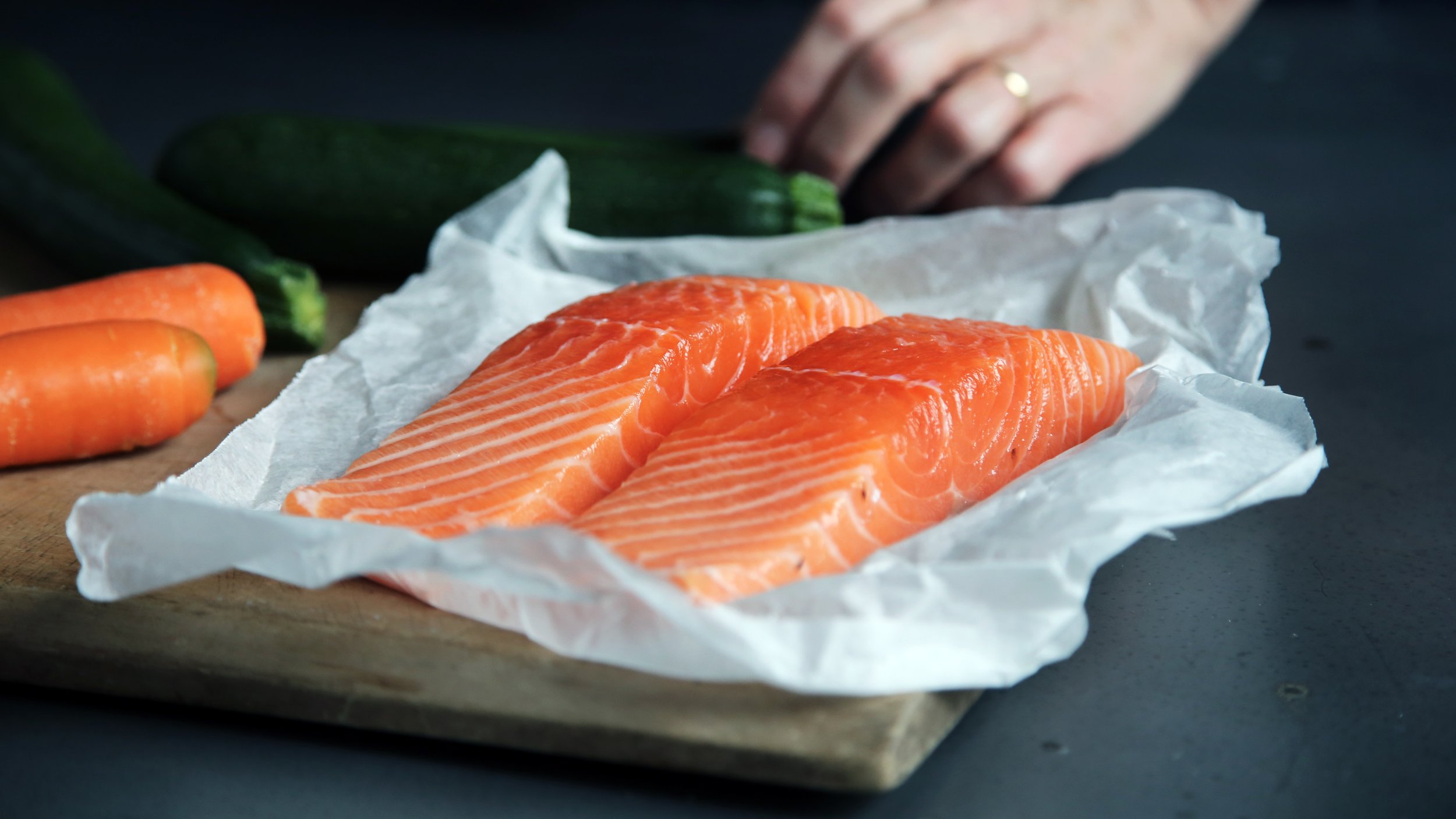Top Nutrients & Food For Great Skin
Keeping your skin looking great and improving conditions such as acne, wrinkles, rosacea, and dry skin can be as easy as getting the right nutrients in your diet. There are several key nutrients and foods that are known to help improve the appearance of your skin. Your skin provides a protective function and is a great indication of internal health. Healthy skin creates a barrier system to protect the body from external factors such as toxins, bacteria, and UV light. The skin is also a major organ of detoxification, so it’s important to keep in mind that what is happening on the skin surface may be an indication of what is happening on a deeper level. This may include problems with digestion or detoxification as well as nutrient deficiencies. We can protect our skin and help improve its’ appearance by getting some of these important nutrients through food every day. These diet choices along with a healthy lifestyle including getting plenty of sleep, clean water, exercise, and stress reduction can help keep your skin healthy and looking great!
Eat foods rich in:
Vitamin A- Helps cell turnover in the skin and improves immune function, deficiencies in Vitamin A can result in a dry, flaky complexion.
Foods : apricots, cantaloupe, carrots, chili peppers, cod liver oil, collard greens, egg yolks, dandelion greens, grass-fed butter, ghee, kale, leafy greens, liver, spinach, and sweet potatoes
Vitamin C- A powerful anti-oxidant that is important for the production of healthy collagen and protects against wrinkles and sun damage.
Foods: bell peppers, citrus, dark leafy greens, camu camu powder, broccoli, brussel sprouts, kiwi, strawberries, grapefruit, Incan berries, cantaloupe, cranberry, cherry, red bell peppers
Vitamin E- An anti-oxidant so this also helps protect that barrier system against the effects of the sun and the environment.
Foods: nuts, olives, spinach, almonds, sweet potato, avocado, wheat germ, sunflower seeds, butternut squash
Zinc- Helps to improve immune function and wound healing, protects against UV radiation and helps decrease inflammation. Zinc is especially good for acne, which can also be a symptom of Zinc deficiency.
Foods: kidney, liver, red meat, oysters, shellfish, scallops, and pumpkin seeds, ginger, pecans, brazil nuts, oats, and eggs
Essential Fatty Acids (EFAs) Omega 3’s- Help to retain water in the skin and plump it up. They also help decrease inflammation in the body and skin for conditions like rosacea and increase skin repair. EFAs are often deficient in acne conditions. The body cannot produce its own EFAs so these must be obtained through the diet or in supplement form.
Foods: fatty fish like salmon, sardines, tuna, trout, mackerel, herring, white fish, sturgeon. Plant sources include ground flaxseed or flaxseed oil, chia seeds, pumpkin seeds, walnuts, and leafy greens (although plant sources are not considered the best source because they don’t convert well to the critical nutrients you need).
Collagen- Helps promote skin healing, increases skin hydration and improves skin softness and tone. It provides anti-aging benefits by helping to decrease wrinkles and reverse skin damage. Collagen peptides also help to improve the hair and nails. Bone broth is a great way to incorporate collagen into your diet. Drink grass fed organic beef or chicken bone broth, 1-2 cups daily or add grass-fed collagen peptides to your morning smoothie shake.
Selenium- an anti-oxidant that helps with tissue elasticity and protects the skin from UV light.
Foods: Seafood (such as tuna and salmon), garlic, brazil nuts, eggs, brown rice, and whole-wheat bread. Brazil nuts are a great source but most people only need 2 nuts a day for adequate selenium intake.
Probiotics- provide beneficial bacteria for the gut which can help clear up the skin, especially helpful for improving acne. These can be found in supplemental form but also from fermented food products like kefir, kimchi, sauerkraut and other fermented vegetables.
As you can see, just getting more fruits and vegetables, nuts, seeds, healthy fats, and good bacteria through fermented foods can go a long way to greater looking skin! One caveat though, you will not get the great results you are looking for if you are still eating inflammatory foods like sugar, alcohol, dairy, and gluten. You may want to try cutting down on these or work with someone like a nutritionist or functional medicine practitioner to help guide you through the process.


